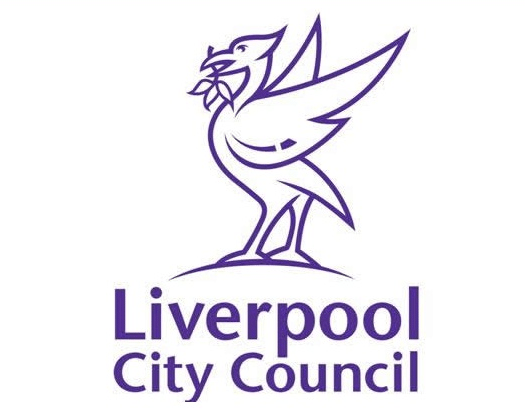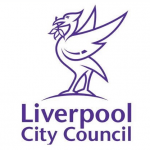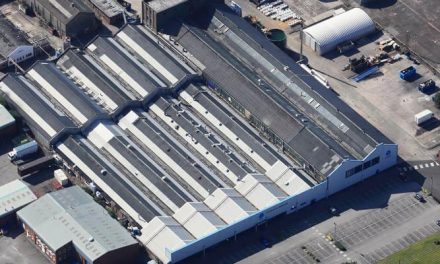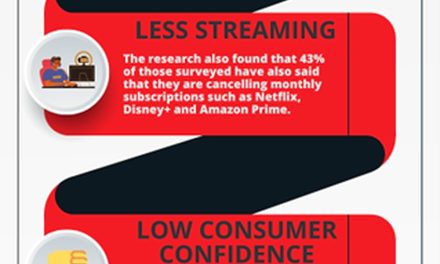THE deadline for residents in Liverpool to have a say on where they think £90 million of council savings should be made over the next three years has been extended.
The Liverpool Budget Simulator was originally due to close on Friday 16 December, but will now remain open until midnight on Sunday 18 December to give people more time to complete it.
So far, around 14,000 people have visited the council’s online budget simulator at https://liverpool.budgetsimulator.com/ – but only 1,350 (less than one in ten) have managed to complete the process by outlining which services they would protect and those which they would cut.
Around 40 percent of residents who have completed the simulator have indicated they would be in favour of an increase of up to 10 percent in council tax, ringfenced to help protect children’s and adults services for the most vulnerable. Currently, Government rules mean that an increase above 3.99 percent would only happen if residents were to vote in favour of it in a referendum.
The £90 million of savings over the next three years comes on top of £330 million of cuts since 2010. In total, it means the local authority will have lost nearly 70 percent of its Whitehall money between 2010 and 2020, more than any other city in the country.
Liverpool is more dependent on funding from the Government than other places because almost four out of five properties are in Council Tax Bands A and B, greatly reducing the city’s ability to raise its own money.
Council Tax only contributes 11 percent to Liverpool’s overall budget, leaving the city vulnerable to the Government’s austerity programme as Whitehall provides 72 percent of the overall funding for services.
Over the last three years, council departments have been asked to make savings of between 25 and 50 percent.
Closing the budget gap from 2017-2020 could mean taking another 10 percent from adults and children’s services which support the most vulnerable, and cutting all other departments by a further 50 percent.
Mayor Joe Anderson said: “Balancing the budget is no easy task given the scale of the reductions we have faced since 2010, and this is reflected in the fact that the vast majority of people who’ve tried the simulator aren’t able to complete the task.
“The scale of the Government cuts that we have seen over the last six years mean that we have nowhere to go and are left with little option other than to cut into essential front line services. Our ability to meet the challenge without reducing services is virtually non-existent.
“I am heartened that 40 percent of people who have used the simulator would be willing to support a 10 percent increase in council tax which we would use solely to protect some of the children’s and adults social care services from the worst of the cuts.
“However it is too soon to make a decision over whether to go for a referendum, and we will also have to look carefully at the detail contained in the Local Government Settlement.”
The budget simulator is open until midnight on Sunday 18 December 2016.
The council will set its budget in March 2017.



















